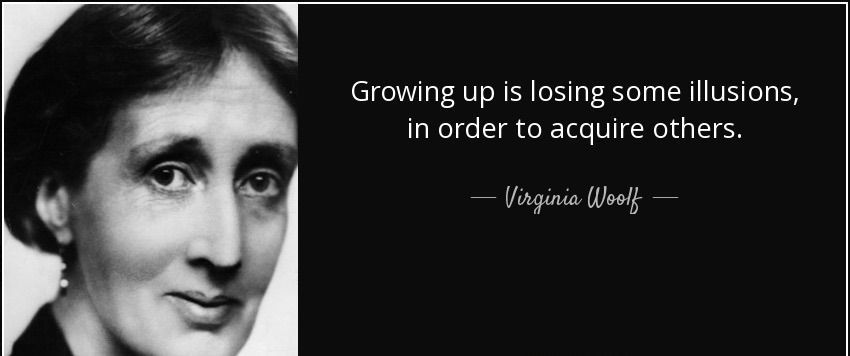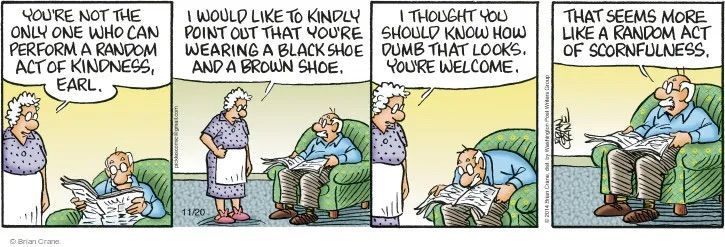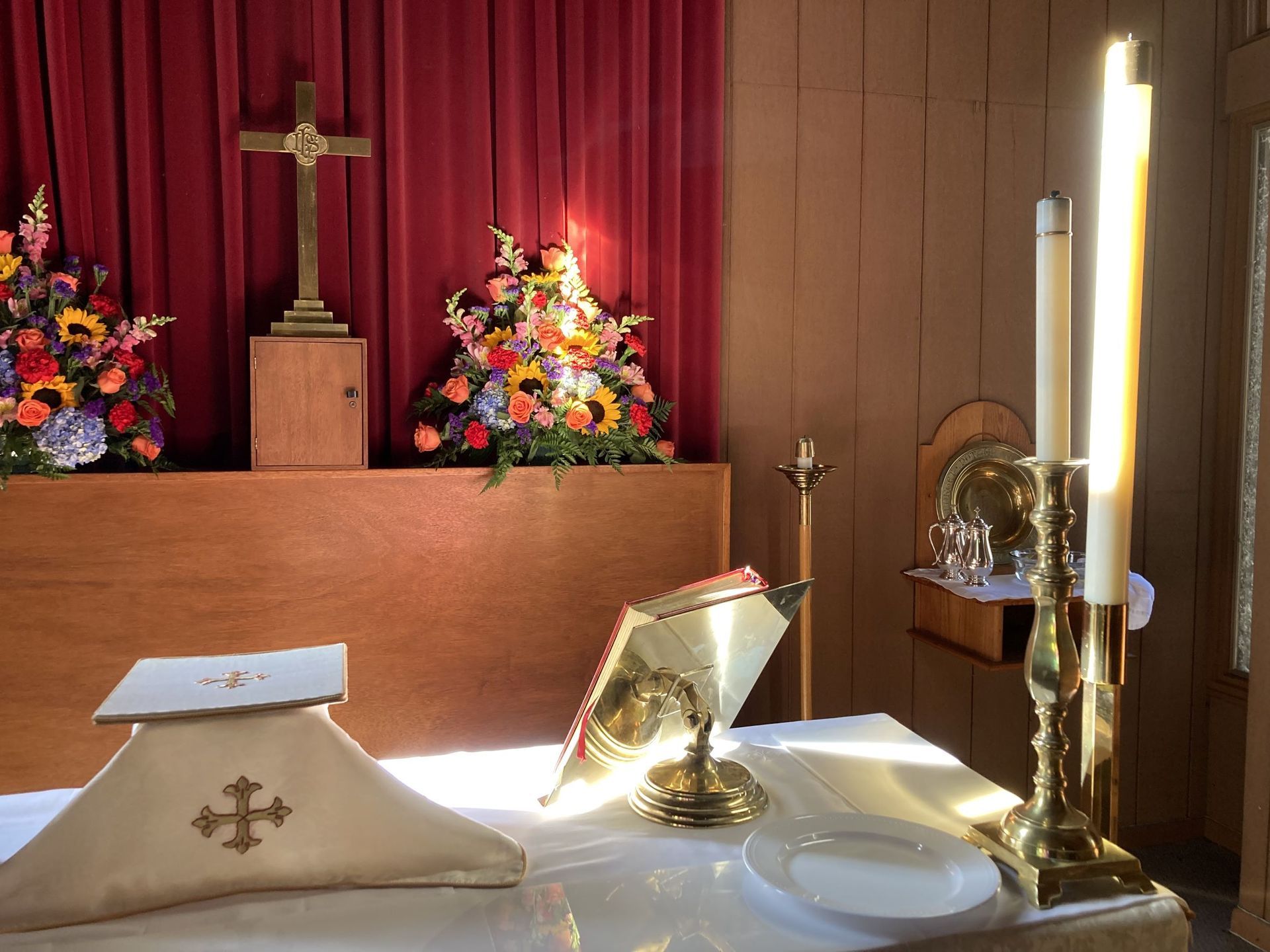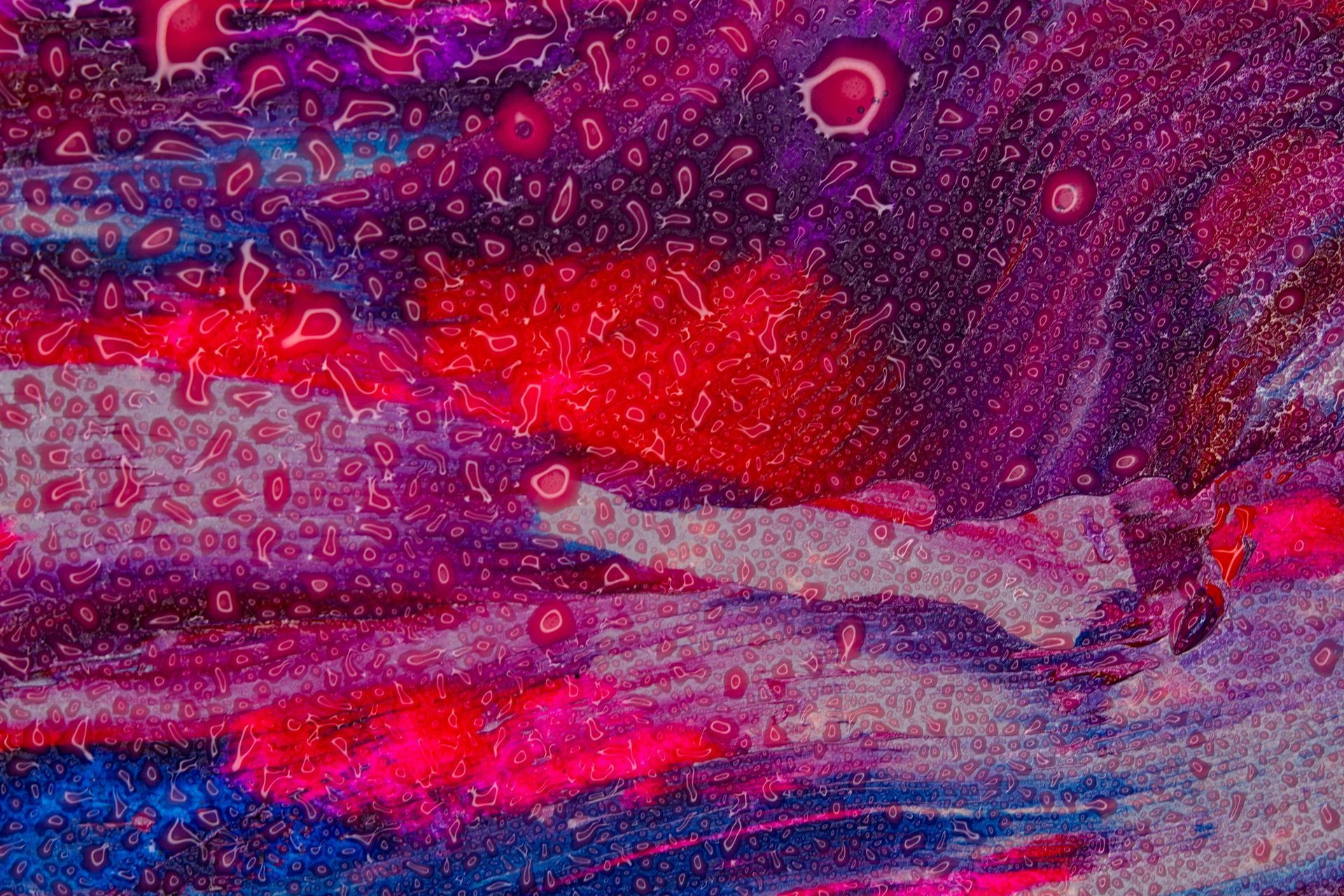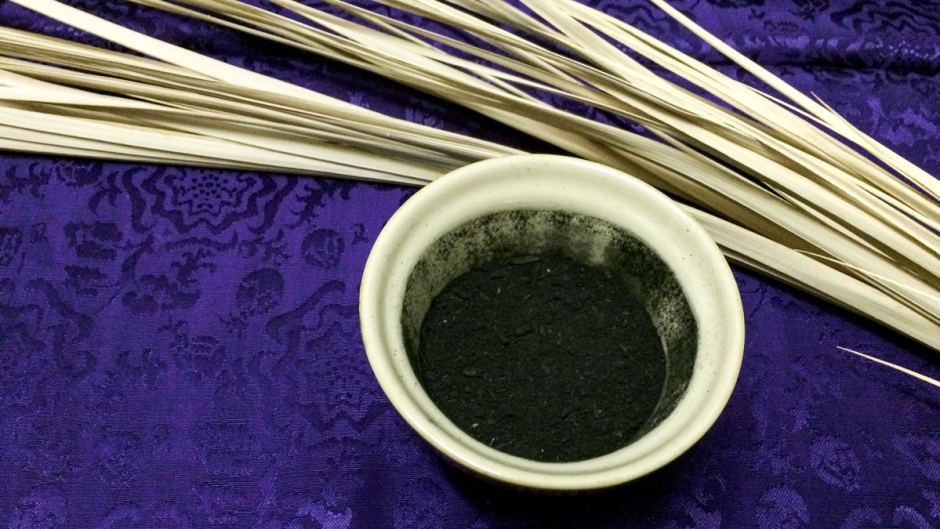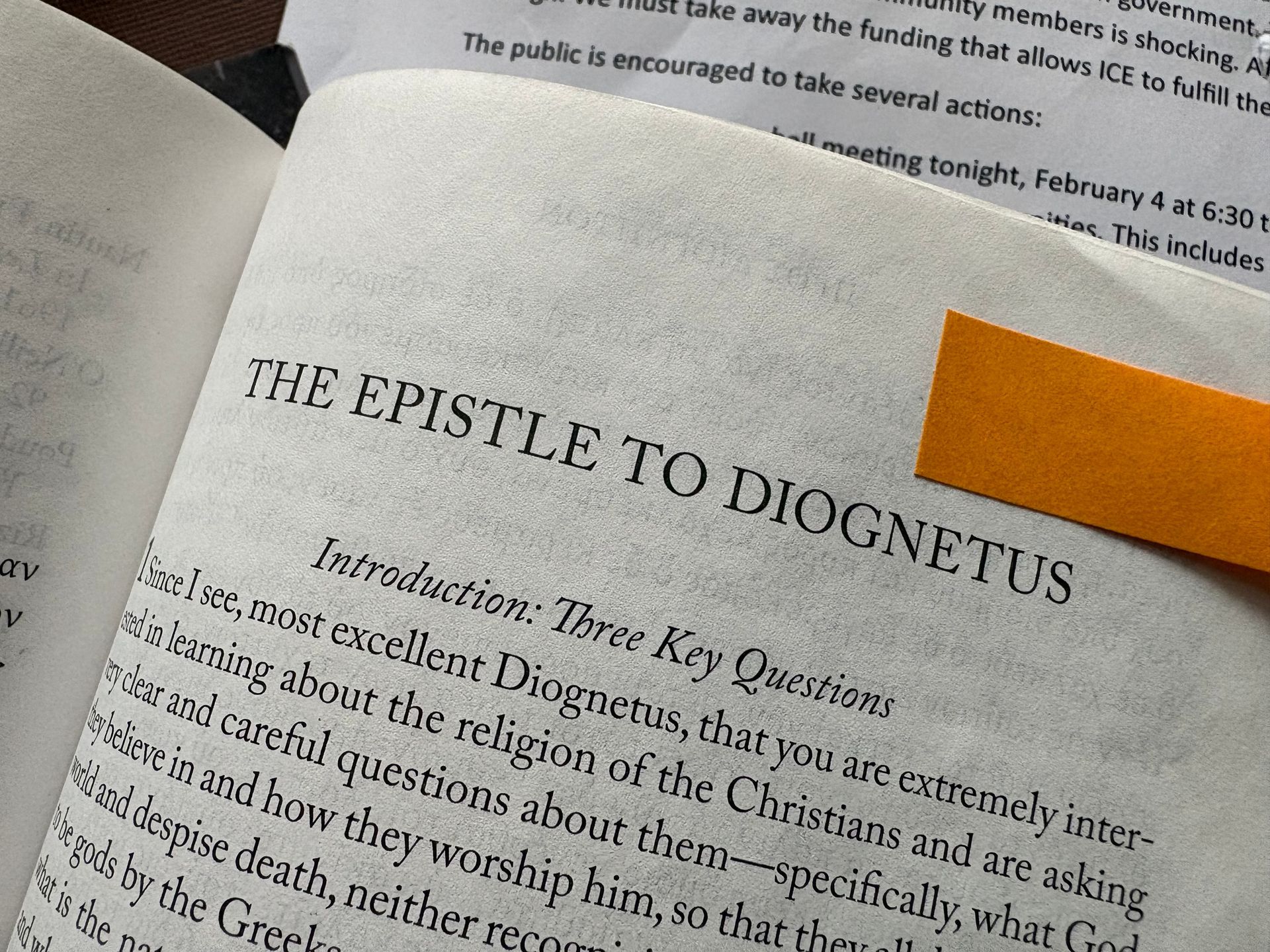Pub Theology 10/15/14 -- Willie and wisdom from unexpected sources

A couple of weeks ago we had a conversation about wisdom, what it is, where it comes from, whether we consider ourselves wise, and so on. I was thinking about this when I ran across an article about a book country music legend Willie Nelson wrote nearly 2o years ago. Nelson, now 91, wrote The Tao of Willie: A Guide to the Happiness in Your Heart, when he was a young man of 72. As you can guess from the title of book, Nelson's philosophy and outlook owe a lot to Eastern religious traditions.
According to the article I ran across (you can read it by clicking on this link), Nelson, who was raised in Protestant churches in Abbott, Texas, began to suspect that the songs he was writing as a teenager, about experiences and heartbreaks that he was too young to know firsthand, might have been the consequence of past-life experiences. He came to the conclusion that he had led many past lives. “I haven’t run into anything I haven’t seen or heard before. I also feel as if I can put myself in the place of just about everyone I see, and that gives me the feeling I’ve been in their shoes before.”
Beyond his belief in reincarnation, Nelson also came to think of the world's many religions as "a thousand paths to a single destination,” with the goal of bringing us closer to the divine. In short, Nelson has a lot of views that are consistent with some of what we've talked about in our PubTheo conversations over the last 11 years. So we're going to dive a little bit deeper into some of the nuggets of wisdom that Nelson shares in his book, and see what we have to say about them. The following is taken from Nelson's book and borrowed from the article mentioned above:
- The easiest mistake on earth is to forget to appreciate what you have right now. Happiness exists at just one time. And that time is now. You can be happy about how yesterday turned out, but you can’t be happy yesterday. You can only be happy today, this hour, this minute … now.
- Slow down. Not just your body but your mind. God is all around us, but it takes stillness to know his message.
- Breathing is its own form of meditation. Breathe from your chest; breathe from your gut; breathe from your heels. Breathing can calm you and put you in touch with your own spirit. It can deepen your contact with the world around you. If you concentrate and listen to your own breathing, what you will hear is the sound of God.
- As soon as you admit to yourself that everything good you do comes back to you twenty times over, then your life will change in incredible ways. Doing things because they’re the right thing to do—and not for some tangible gain—will ultimately reward you in better ways than money, power, or fame.
- Connections to those around you, to the world around us all, and to the universe that stretches into the great beyond are things that define us.
- The older I get, the more I realize it’s never too early to start appreciating the people in your life. If you love your family, it’s essential that you tell them. If you can make someone feel better with just a few words, why wouldn’t you use them?
- Love is what I live on. Love is what keeps me going. When in doubt, I try to remind myself that the path to God is paved with love.
Join us at Casa Real in downtown Oxford on Tuesday, Oct. 15 at 7pm as we consider the wisdom of Willie Nelson. Our discussion will start there and then we'll see where else it wanders.
